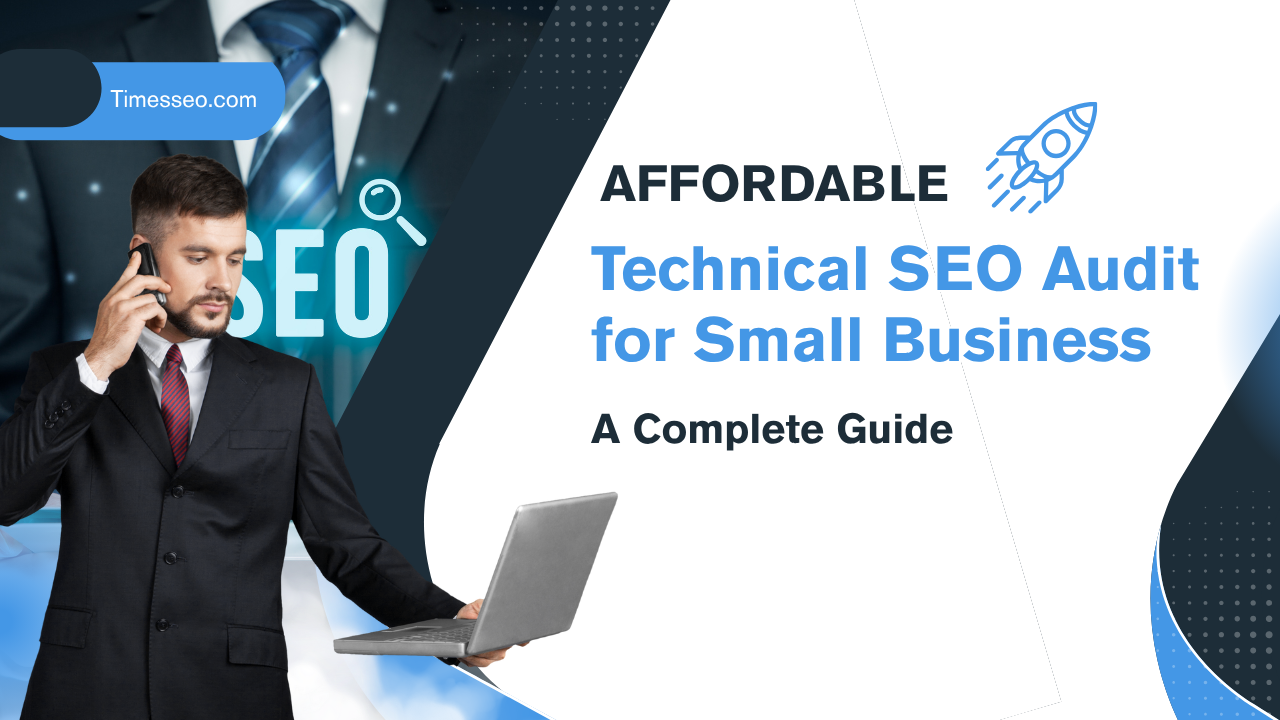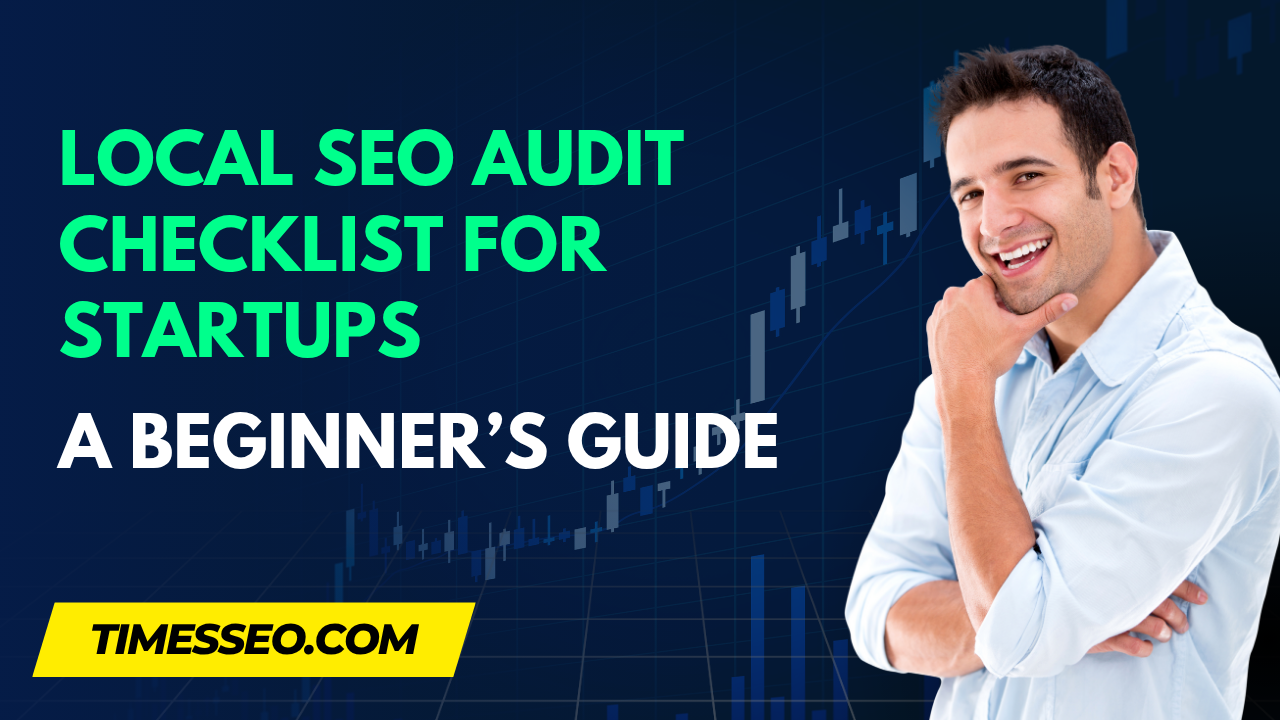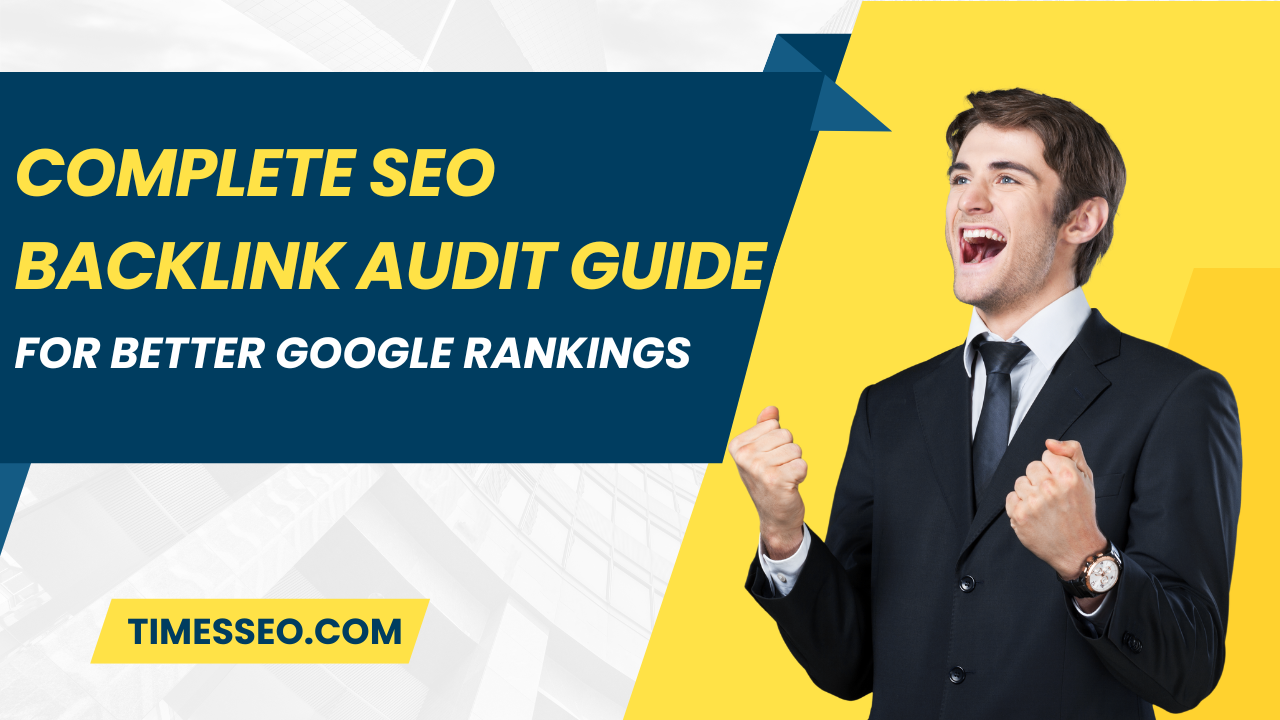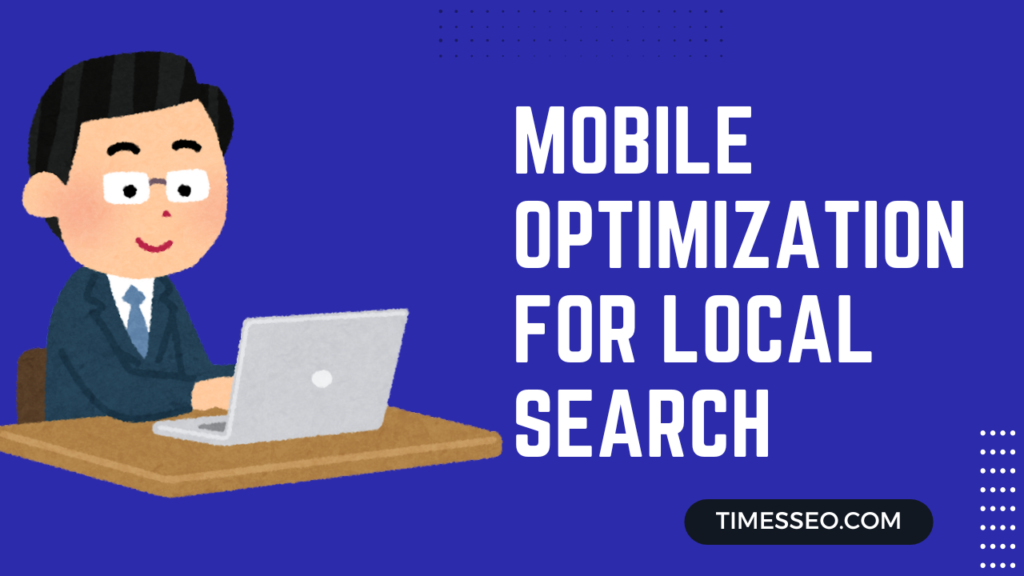
The Best Local SEO Practices Every Business Should Follow
Discover the best local SEO practices every business should follow to boost visibility, attract local customers, and dominate search results. This comprehensive guide covers everything from optimizing your Google Business Profile to mastering local keyword strategies and online reviews. Perfect for small and medium-sized businesses aiming for local success.
Table of Contents
Introduction
What is Local SEO?
Local SEO (Search Engine Optimization) is a strategy that helps businesses improve their visibility in local search results on Google. If you’ve ever searched for “coffee shop near me” or “plumber in [your city],” the businesses that pop up are winning at local SEO.
Why Local SEO Is Important for Small and Medium Businesses
Local SEO enables small and medium businesses to stand out in their communities by appearing in local search results, helping them compete effectively with larger brands. With most people turning to their phones for nearby services, being seen locally means more calls, visits, and ultimately, sales.
Local SEO vs. Traditional SEO
In contrast to traditional SEO, which strives for higher keyword rankings, local SEO focuses on location-specific searches. It ensures your business appears exactly when and where local customers are looking for your products or services.
Google Business Profile Optimization
Claim and Verify Your Google Business Profile
Step one? Claim your free Google Business Profile (formerly Google My Business). This puts your business on Google Maps, Search, and more.
How to Optimize Your Profile for Visibility
Make sure every field is filled out: business name, hours, phone number, website, and services. The more complete your profile, the more likely it will rank higher.
Choosing the Right Business Categories
Choose the most relevant primary and secondary categories that reflect your business. This helps Google present your listing to the right people searching for your services.
Adding Accurate NAP Information
NAP stands for Name, Address, Phone number. Keep it consistent everywhere. A single typo can cause confusion—and cost you rankings.
Local Keyword Research
How to Identify the Right Local Keywords
Use tools like Google Keyword Planner, Ubersuggest, or SEMrush to find keywords that include your city or region. Think about “best bakery Brooklyn” or “emergency plumber in Chicago.”
Tools for Local SEO Keyword Research
- Some favorites:
- Moz Local
- BrightLocal
- Ahrefs (with location filters)
Using Long-Tail and Geo-Modified Keywords
Long-tail keywords like “affordable wedding photographer in Austin” bring in qualified traffic. Combine that with city names for double the impact.
On-Page SEO for Local Visibility
Optimizing Title Tags and Meta Descriptions
Make your meta data sing! Include your business type and location:
“Top-Rated Italian Restaurant in New Orleans | Mario’s Kitchen”
Embedding Local Keywords in Content
Naturally weave city names and local landmarks into your content. Think:
“We’ve been serving the downtown Dallas community since 2001.”
Structured Data and Schema Markup
Use local business schema markup to help search engines understand your business details better. It’s a behind-the-scenes booster for your site.
Creating Localized Content
Types of Content That Work for Local SEO
- City or neighborhood landing pages
- Blog posts about local events
- Customer testimonials from different locations
Blogging About Local News and Events
Write about what’s happening in your area. Not only does it connect you to the community—it boosts local relevance in Google’s eyes.
Creating Location-Specific Landing Pages
Have multiple store locations? Give each its own optimized page. Include directions, testimonials, and unique photos.
Local Link Building Strategies
Getting Backlinks from Local Directories
List your business on high-authority directories like Yelp, TripAdvisor, and YellowPages. Every quality backlink counts.
Collaborating with Local Influencers and Blogs
Partner with local food bloggers, lifestyle influencers, or neighborhood Facebook groups. Their audience is your audience.
Sponsoring Local Events for SEO Benefit
Sponsor a charity run or school event and request a link back from their website. Community involvement + SEO win.
Online Reviews and Reputation Management
Importance of Online Reviews
90% of people read online reviews before visiting a business. High ratings increase trust—and rankings.
How to Encourage Customer Reviews
- Ask after a sale
- Send follow-up emails
- Offer small incentives (ethically!)
Handling Negative Reviews Gracefully
Respond calmly and constructively. Show potential customers that you care and are willing to fix issues.
Mobile Optimization for Local Search
Why Mobile-Friendliness Matters in Local SEO
Most local searches happen on smartphones. If your site isn’t mobile-friendly, people (and Google) will bounce.
Ensuring Fast Load Times and Easy Navigation
Keep design clean, buttons big, and load times under 3 seconds. Mobile users don’t wait.
Local Citations and NAP Consistency
What Are Local Citations?
Any online mention of your business’s NAP—on directories, blogs, or websites—counts as a citation. More consistent citations = better local SEO.
Tools to Manage Citations Efficiently
- Whitespark
- Yext
- BrightLocal
Keeping NAP Info Consistent Across the Web
Audit your listings regularly. Inconsistencies confuse Google and hurt rankings.
Utilizing Social Media for Local SEO
Boosting Local Engagement on Social Platforms
Promote local events, feature local customers, or share behind-the-scenes looks of your location. People connect with people.
Geo-Tagging Posts and Promotions
Add location tags to Instagram and Facebook posts. It helps people nearby discover your business organically.
Voice Search Optimization
How Voice Search is Changing Local SEO
People speak differently than they type. “Where’s the best pizza place near me?” is a voice search goldmine.
Optimizing Content for Natural Language Queries
Use conversational phrases, FAQs, and complete sentence structures. Consider a person’s speech rather than their typing.
Leveraging Google Maps and Local Pack
Getting Your Business into the Local Pack
The “3-Pack” is prime real estate on search results. Improve your Google Business Profile and collect positive reviews to increase your chances of appearing in local search results.
How Google Maps Drives Foot Traffic
When people find you on Google Maps, they’re often ready to visit—so make sure directions, hours, and info are correct.
Track and Measure Local SEO Performance
KPIs to Monitor for Local SEO
- Google Business Profile views
- Clicks to website
- Direction requests
- Phone calls
Tools Like Google Analytics and GMB Insights
Use these to see what’s working and where to improve. Data is your best friend in SEO.
Common Local SEO Mistakes to Avoid
Inconsistent NAP
Just one mismatched address can lower your credibility with Google.
Ignoring Reviews
Unanswered reviews make you look uninterested. Replying = engagement.
Keyword Stuffing
Cramming your content with local keywords looks spammy and harms your ranking. Keep it natural.
Conclusion
Local SEO is no longer optional—it’s essential. Whether you run a café, a law firm, or a pet grooming business, implementing these best practices ensures your community can find you when it matters most. By optimizing your online presence, managing your reputation, and creating local-focused content, you pave the way for lasting visibility, foot traffic, and success.
Frequently Asked Questions
Local SEO is a long-term strategy. You may see noticeable improvements in 3–6 months with consistent effort.
Yes! Service-area businesses like plumbers and tutors can still benefit by setting a service area in Google Business Profile.
Very. Reviews not only influence customer decisions but also affect your rankings in local search results.
It’s the group of three business listings shown on top of local search results, under the map. Getting into the Local Pack is a big local SEO win.
Yes, if you operate in multiple areas. Each page should be unique and optimized for that specific city or neighborhood.
Table of Contents
Popular Posts
-
 Affordable Technical SEO Audit for Small Business: A Complete Guide26 Jun 2025 Blog
Affordable Technical SEO Audit for Small Business: A Complete Guide26 Jun 2025 Blog -
 How to Get an Affordable Technical SEO Audit for Small Business27 Jun 2025 Blog
How to Get an Affordable Technical SEO Audit for Small Business27 Jun 2025 Blog -
 The Ultimate Local SEO Audit Checklist for Startups28 Jun 2025 Blog
The Ultimate Local SEO Audit Checklist for Startups28 Jun 2025 Blog -
 Local SEO Audit Checklist for Startups: A Beginner’s Guide28 Jun 2025 Blog
Local SEO Audit Checklist for Startups: A Beginner’s Guide28 Jun 2025 Blog -
 Top On-Page SEO Audit Steps for Service Websites Every Business Should Know29 Jun 2025 Blog
Top On-Page SEO Audit Steps for Service Websites Every Business Should Know29 Jun 2025 Blog -
 Technical SEO for WordPress: The Ultimate Beginner’s Guide01 Jul 2025 Blog
Technical SEO for WordPress: The Ultimate Beginner’s Guide01 Jul 2025 Blog -
 The Impact of On-Page SEO Audit Steps for Service Websites on UX01 Jul 2025 Blog
The Impact of On-Page SEO Audit Steps for Service Websites on UX01 Jul 2025 Blog -
 Technical Mobile SEO Audit Tips for Developers02 Jul 2025 Blog
Technical Mobile SEO Audit Tips for Developers02 Jul 2025 Blog -
 Complete SEO Backlink Audit Guide for Better Google Rankings03 Jul 2025 Blog
Complete SEO Backlink Audit Guide for Better Google Rankings03 Jul 2025 Blog -
 Boost Your Rankings with Technical SEO for WordPress01 Jul 2025 Blog
Boost Your Rankings with Technical SEO for WordPress01 Jul 2025 Blog






